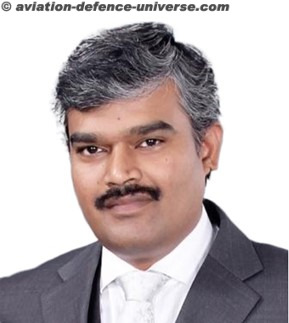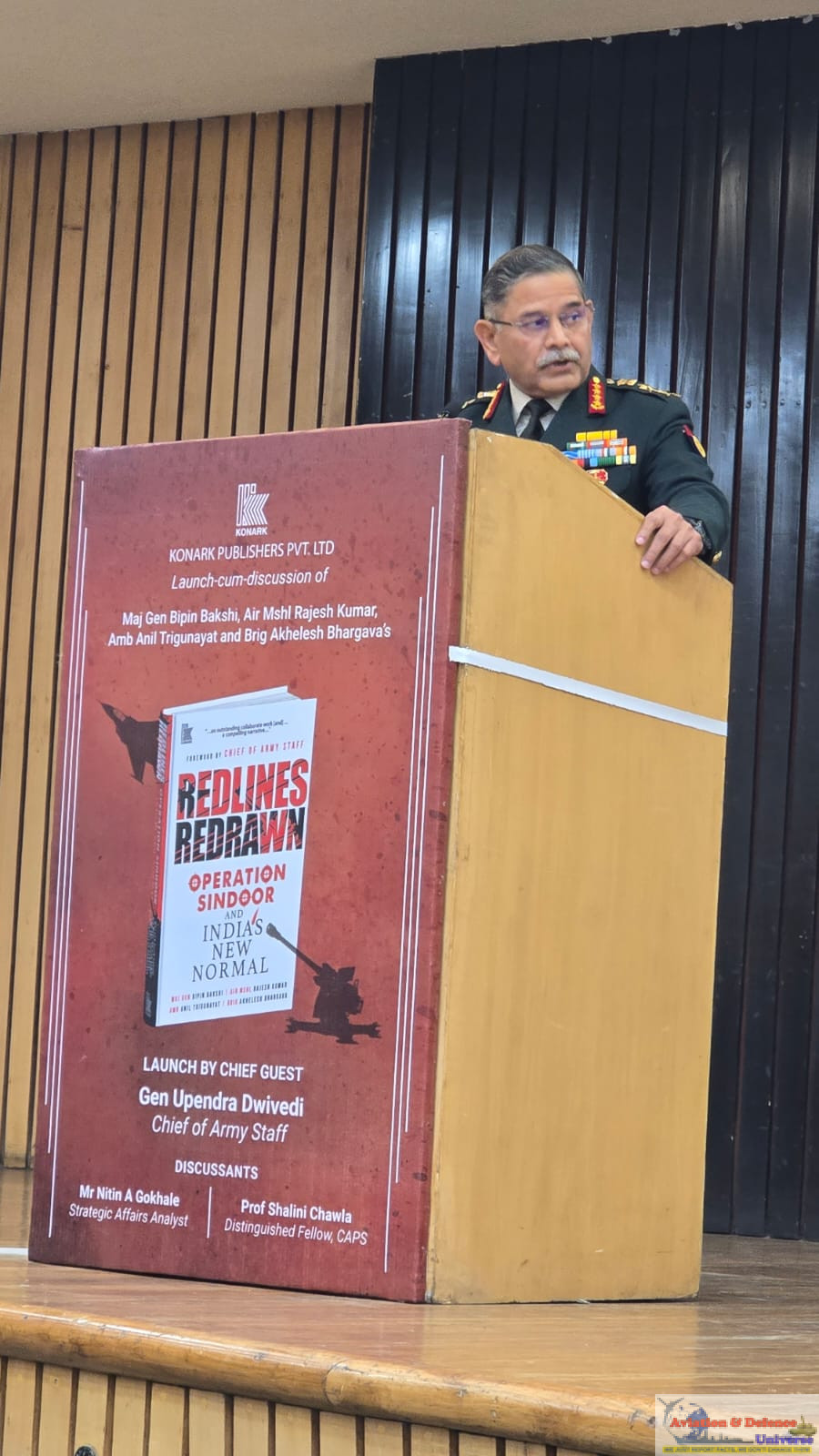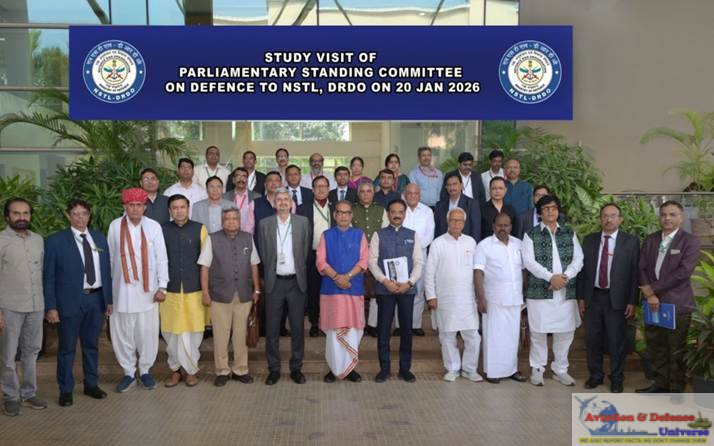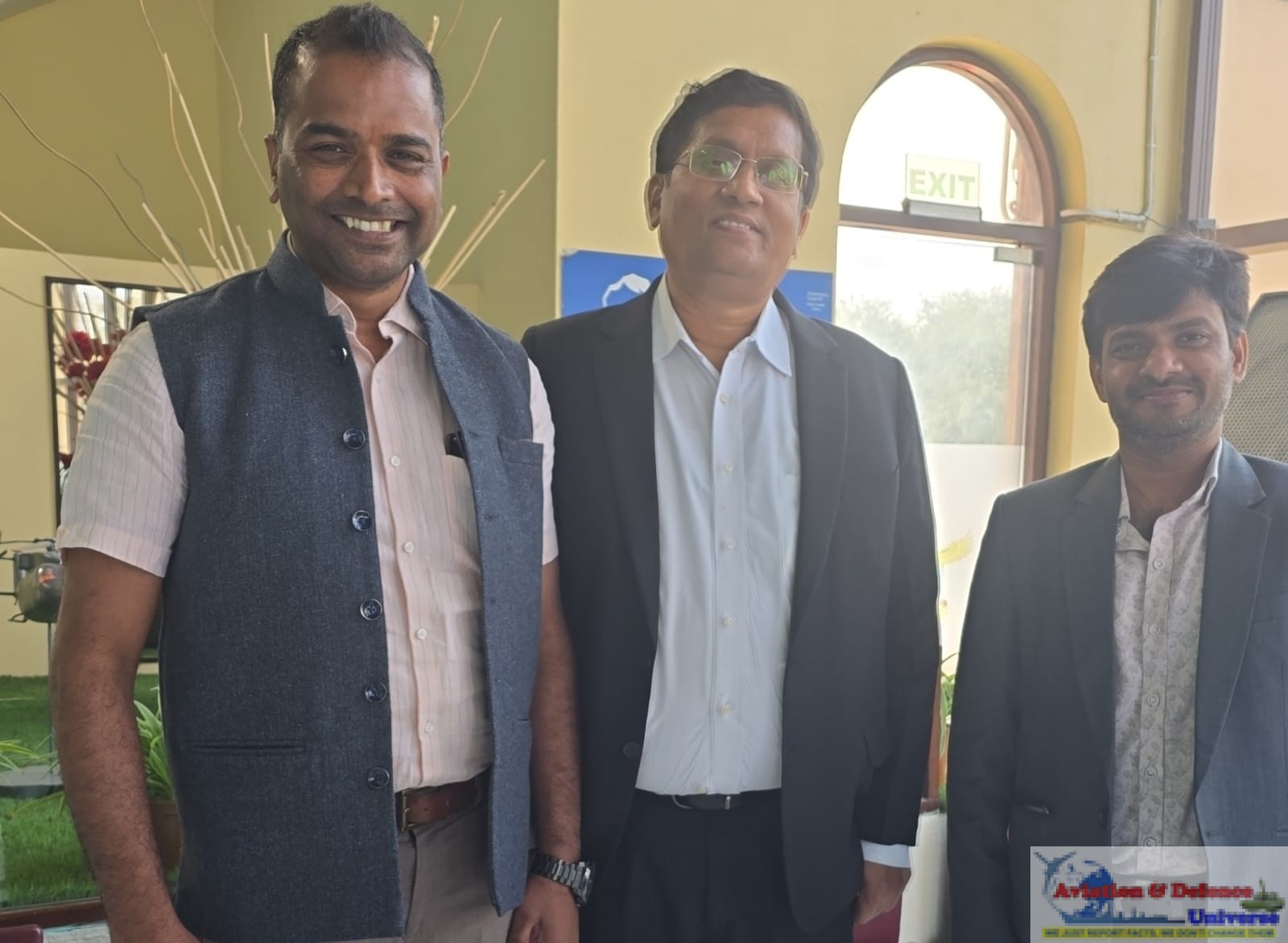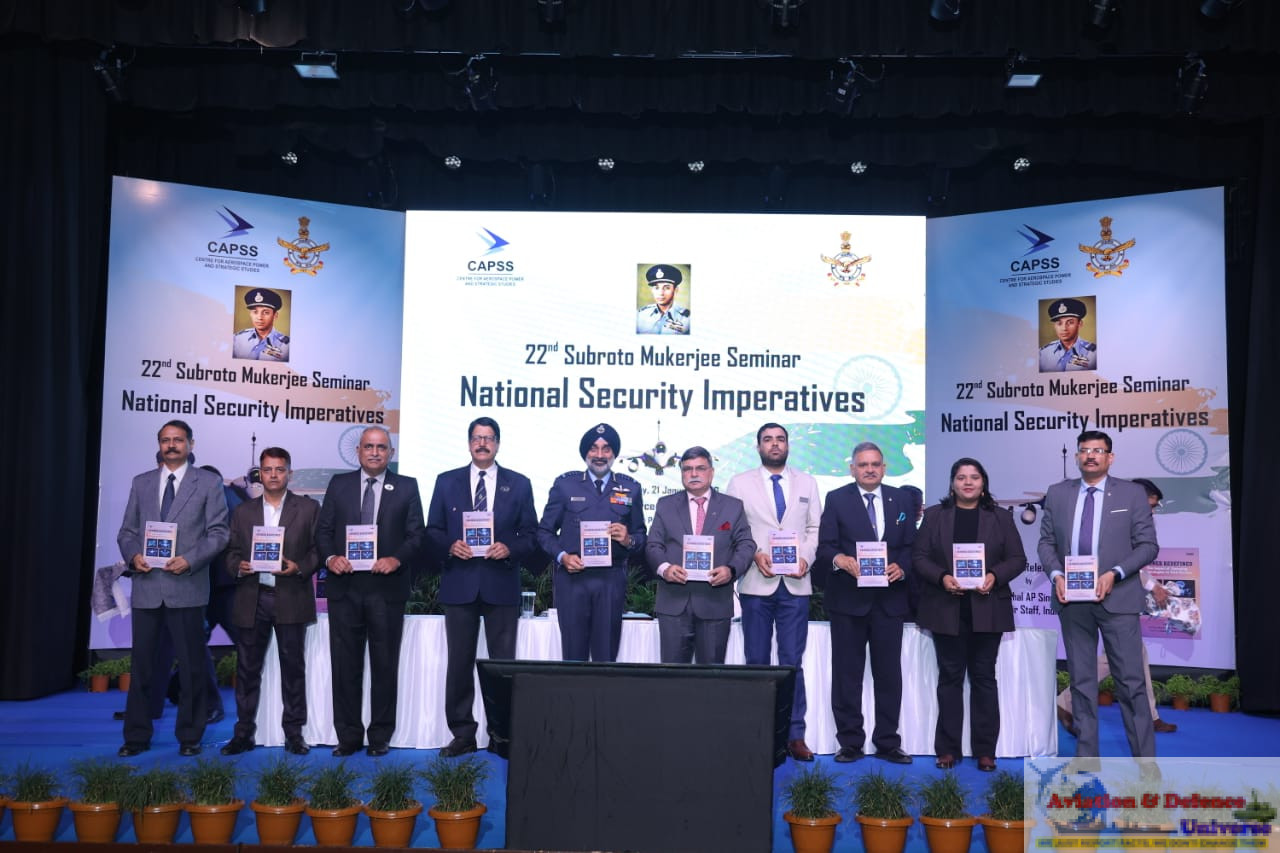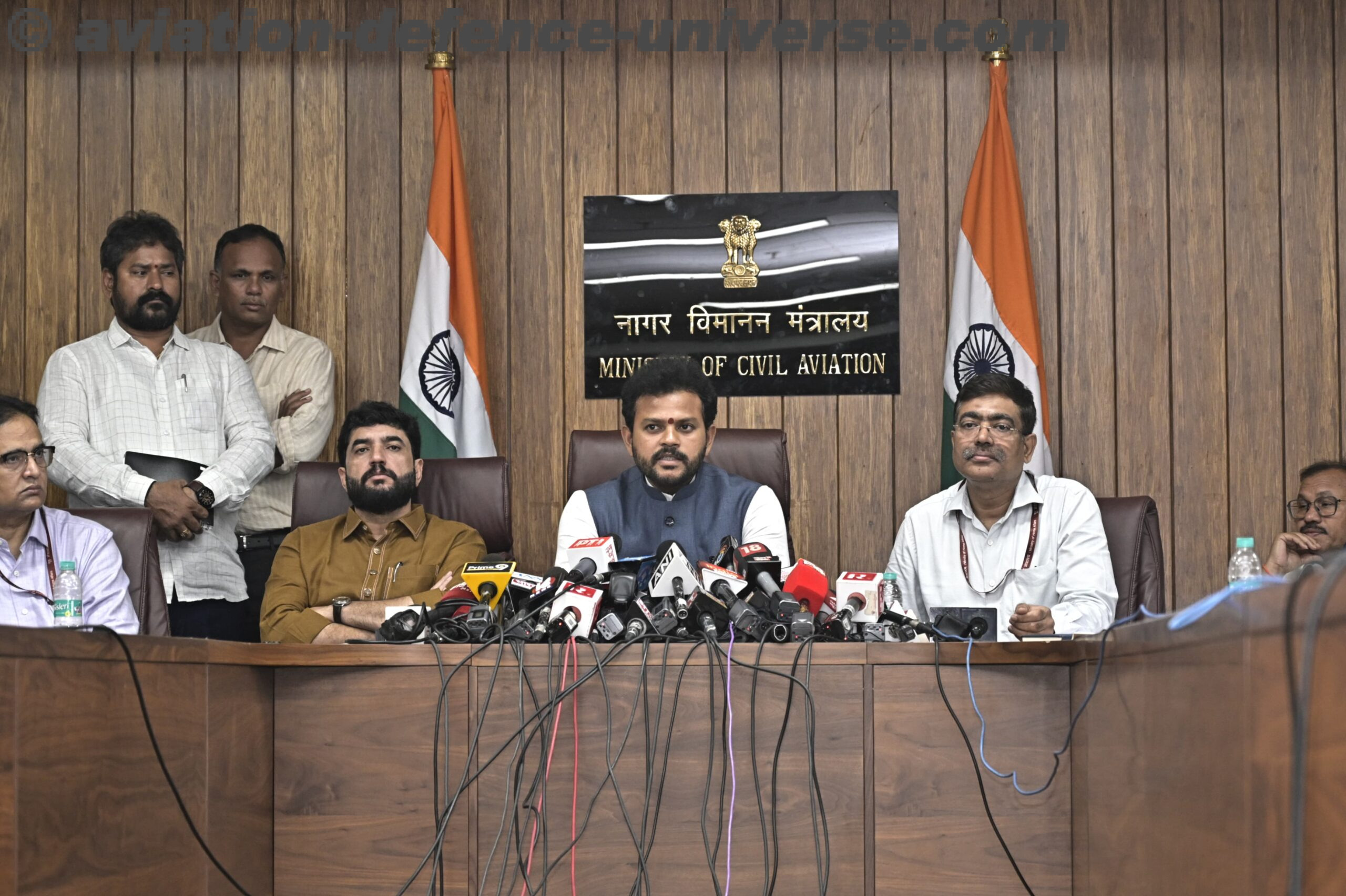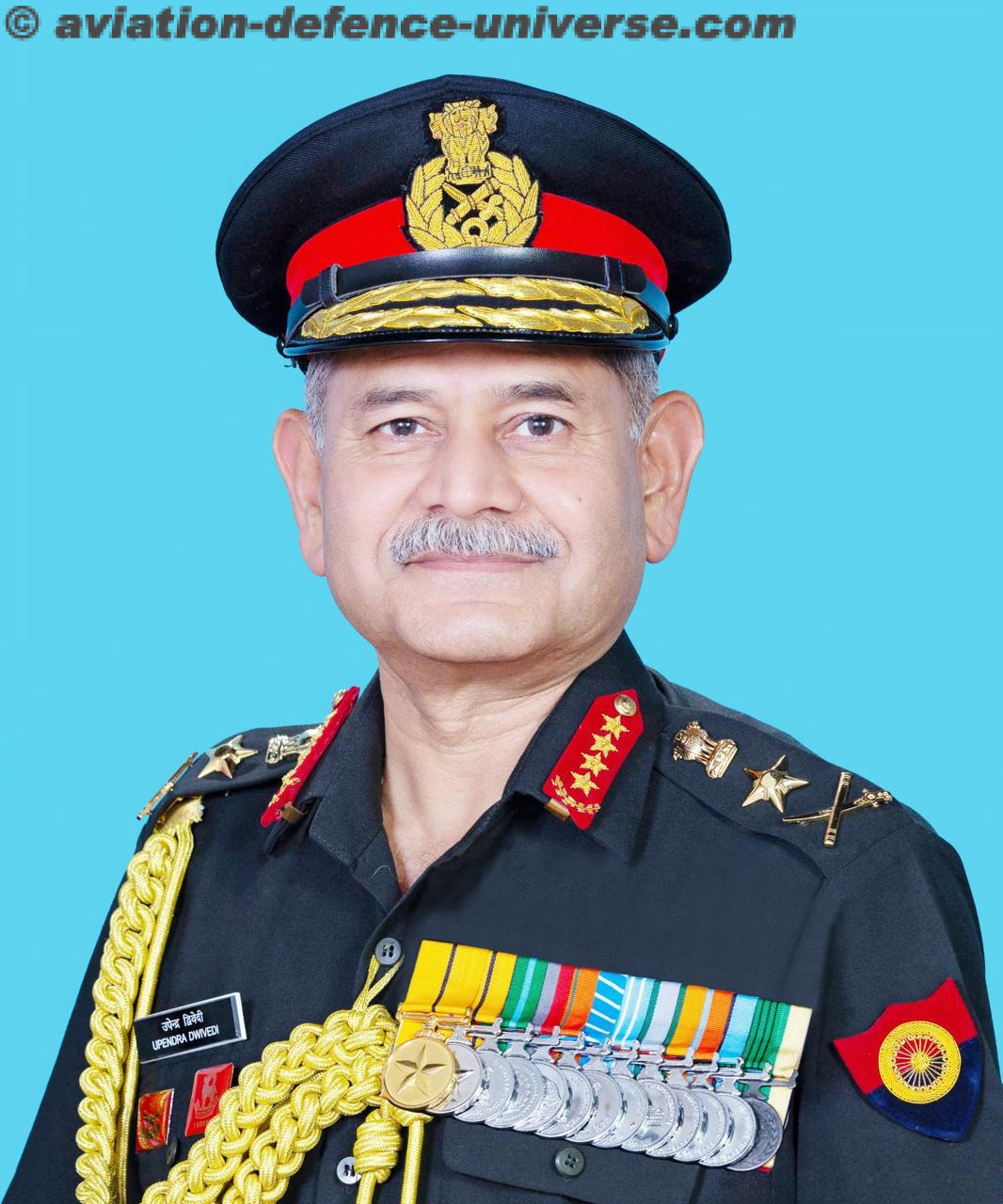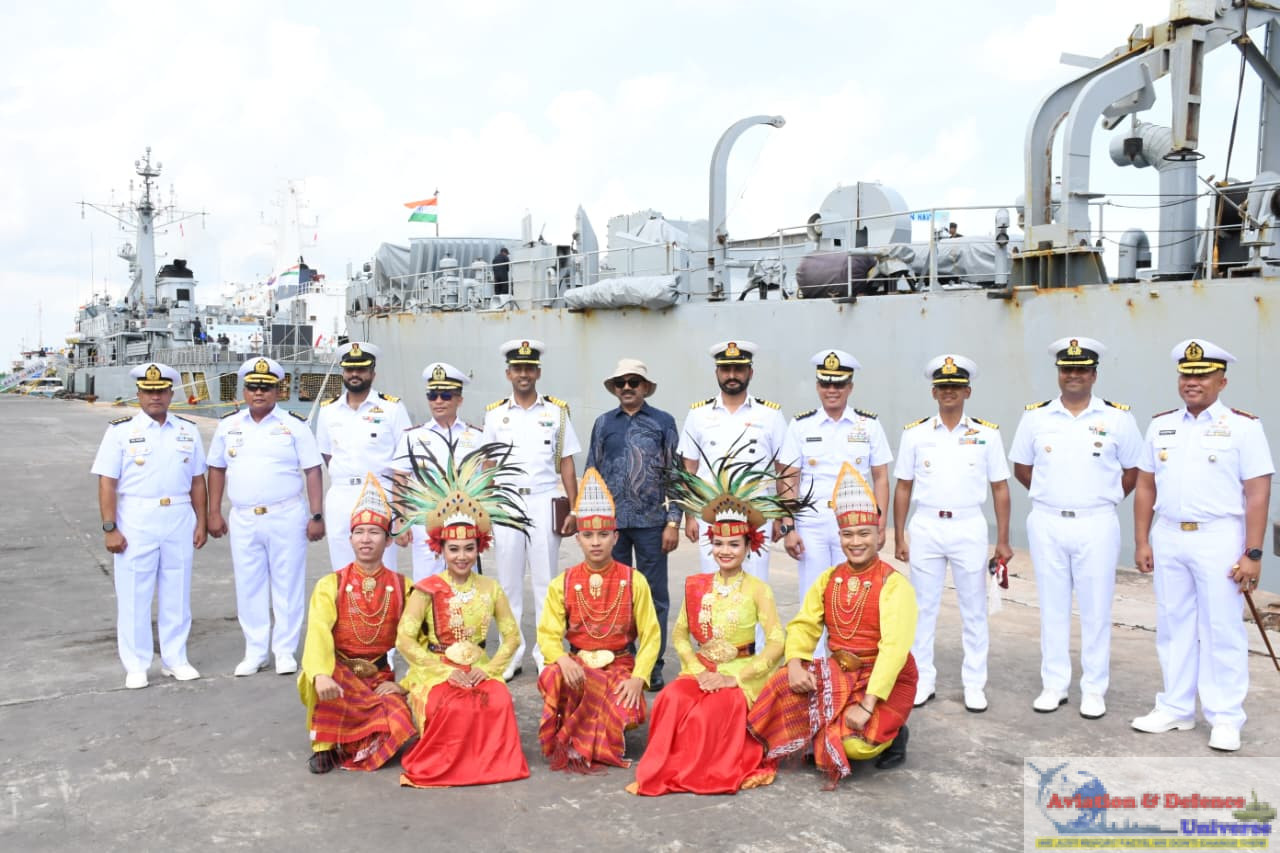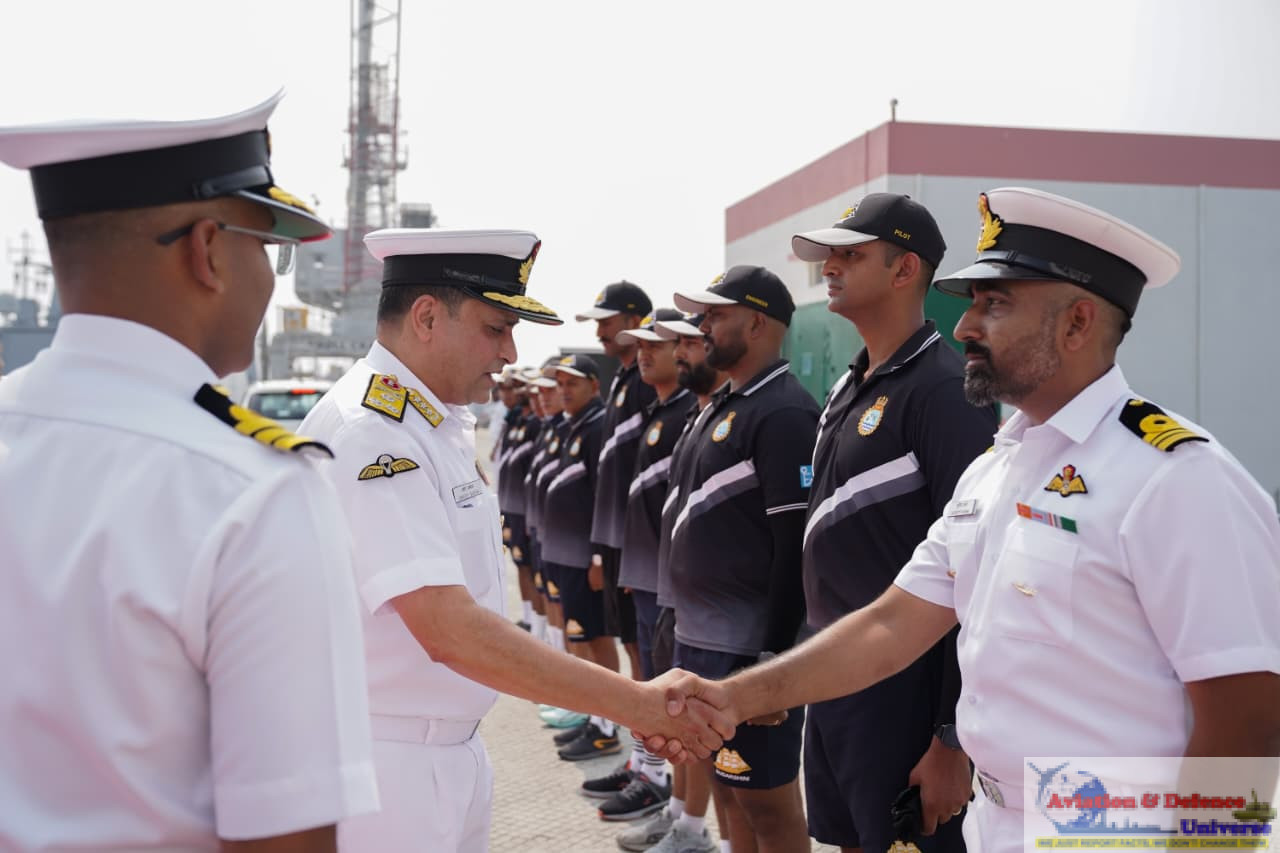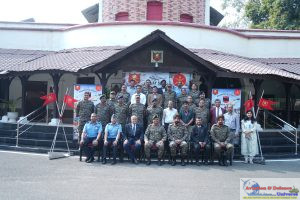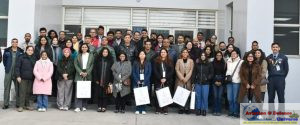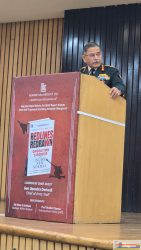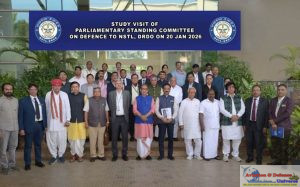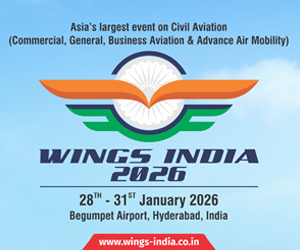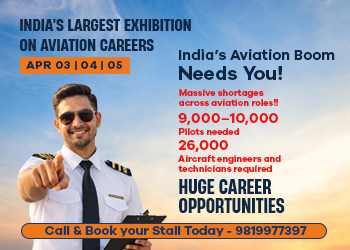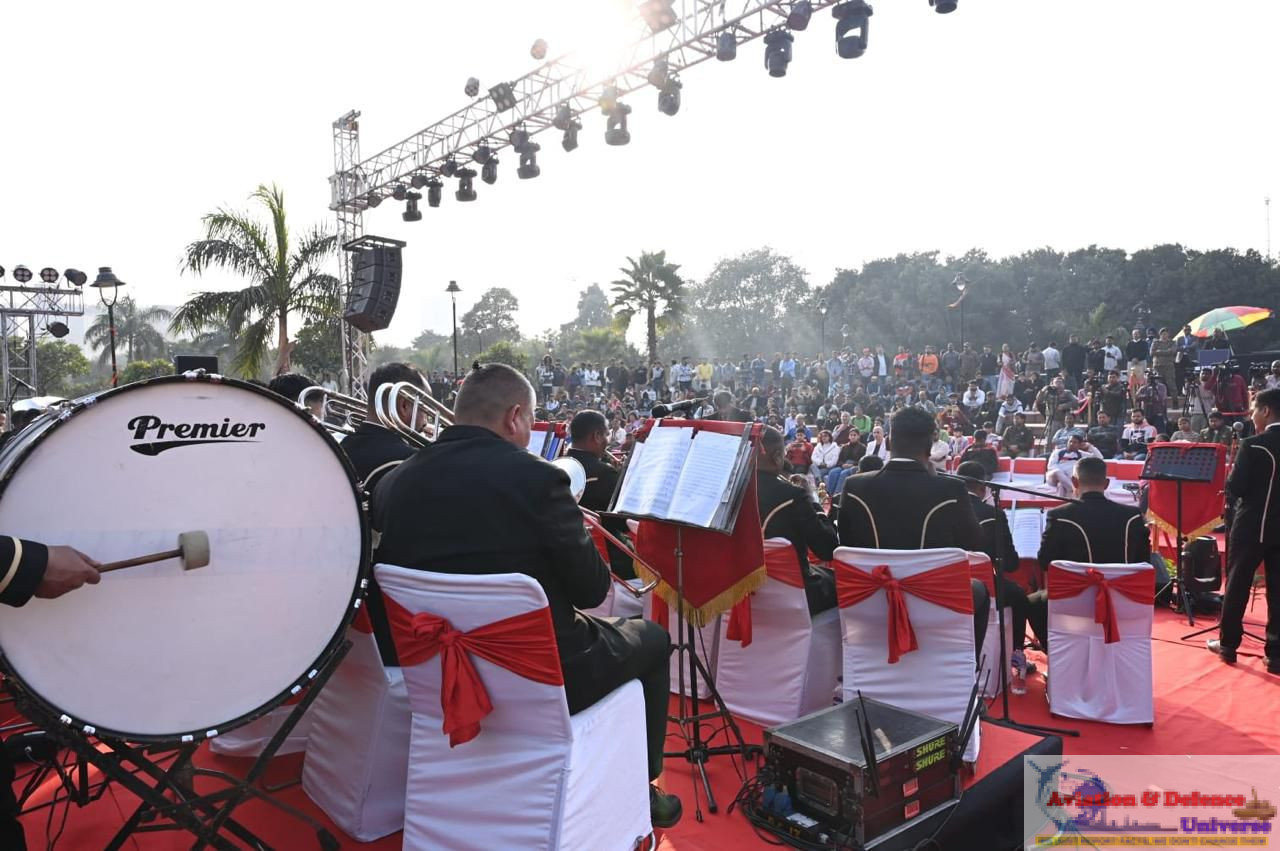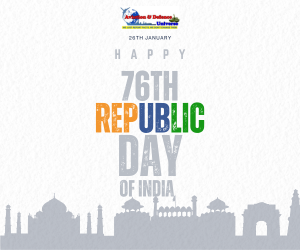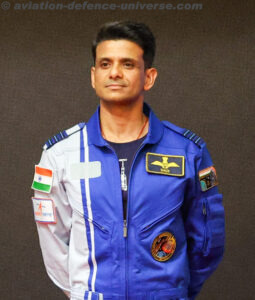
- From Sky Warriors to Space Explorers
- Group Captain Shubhanshu Shukla Follows in Wing Commander Rakesh Sharma’s Historic Footsteps
By Sangeeta Saxena
New Delhi. 10 June 2025. As Group Captain Shubhanshu Shukla of the Indian Air Force readies to soar beyond the stratosphere tomorrow, India’s collective memory gently turns the pages of history to 1984 — when Wing Commander Rakesh Sharma etched his name into the skies as the first Indian in space.
On April 3, 1984, Sharma, an ace test pilot from the Indian Air Force, became a household name when he flew aboard the Soviet Soyuz T-11 spacecraft, launching from the Baikonur Cosmodrome as part of a joint Indo-Soviet mission. The sight of an Indian seated in zero gravity, speaking Hindi from a space station, was more than just a technological feat — it was a moment of national awakening. And who can forget that iconic exchange with then Prime Minister Indira Gandhi? When asked how India looked from space, Sharma responded with poetic patriotism: “Sare Jahan Se Achha” — a phrase that has since become immortal. His seven-day mission in space station was not only packed with scientific experiments but also rich in symbolism. At a time when India’s space programme was still finding its footing, Sharma’s presence in space affirmed the country’s aspirations and capability. Clad in a Soviet Sokol suit stitched with the tricolour, Rakesh Sharma’s journey ignited a spark that inspired generations of scientists, dreamers, and aviators.
Now, almost four decades later, the dream takes flight again. Group Captain Shubhanshu Shukla, also a decorated IAF pilot, represents not just the evolution of India’s space ambitions but the enduring synergy between the Indian Air Force and the nation’s cosmic aspirations. While Sharma flew under the Soviet mission banner, Shukla’s launch reflects India’s entry into a new space era — one marked by indigenous programmes, international collaborations, and a fast-growing commercial space sector. Shukla was included in the astronaut selection process in 2019 by the Institute of Aerospace Medicine (IAM), an organization under the Indian Air Force for the Indian Human Spaceflight Programme. Later, he was shortlisted in the final four by IAM and ISRO. In 2020, He went to Russia for basic training with three other selected astronauts at the Yuri Gagarin Cosmonaut Training Center. Basic training was completed in 2021. He then returned to India and attended training at the Astronaut Training Facility in Bangalore. During this time period, he completed his Master of Technology degree from IISc Bangalore in Aerospace Engineering. His name as a member of the astronaut team was first officially announced in public on 27 February 2024, when Prime Minister Narendra Modi announced the names of the astronaut team members for India’s first human space mission at ISRO’s Vikram Sarabhai Space Centre in Thiruvananthapuram.
This flight is more than a mission; it is a continuum — a proud handover of the baton from a pioneer to a new generation of spacefarers. As the countdown begins, the skies above silently salute Wing Commander Rakesh Sharma’s first step beyond Earth, even as they brace to embrace Group Captain Shukla’s bold leap. From the echoes of Sare Jahan Se Achha to the roar of today’s rocket engines, India’s journey from its first man in space to its next space warrior is not just a story of technological advancement — it is a story of dreams, duty, and destiny.
Shukla has been selected as the pilot for the upcoming Axiom Mission 4 to the International Space Station. He will join a crew led by commander Peggy Whitson and mission specialists Sławosz Uznański-Wiśniewski and Tibor Kapu. Fellow Vyomanaut Prasanth Nair has been designated as the backup crew member; both underwent training at NASA’s Johnson Space Center in Houston. The mission, a collaboration between NASA, SpaceX, and ISRO, aims to strengthen international spaceflight cooperation. If successful, Shukla will become the first Indian astronaut to visit the ISS and the second Indian in orbit, after cosmonaut Rakesh Sharma. The cost of his seat is estimated in the “mid-$60-million range” (approximately ₹500 crore).
As Group Captain Shukla launches into orbit, he carries with him the hopes of a nation and the legacy of those who came before him. His journey connects past and future—bridging the dreams that began with Rakesh Sharma and continuing the march toward a spacefaring India. Shukla, a native of Lucknow, Uttar Pradesh, completed his schooling at City Montessori School. Inspired by the 1999 Kargil War, he independently applied for and cleared the UPSC NDA examination. He completed his military training and earned a Bachelor of Science degree in Computer Science from the National Defence Academy in 2005. He was then selected for the flying branch and underwent training at the Indian Air Force Academy. In June 2006, he was commissioned into the Fighter stream of the Indian Air Force as a Flying officer. He is a combat leader and seasoned test pilot with about 2,000 hours of flying experience across various aircraft, including the Su-30 MKI, MiG-21, MiG-29, Jaguar, Hawk, Dornier 228, and An-32.
Shukla is married to Dr. Kamna, a dentist by profession, and the couple has a four-year-old son. His father, Shambhu Dayal Shukla, is a retired government officer, while his mother, Asha Shukla, is a homemaker. He is the youngest of three siblings; his elder sister, Nidhi, holds an MBA degree, and his other elder sister, Suchi, works as a school teacher. In his leisure time, Shukla enjoys engaging in Physical Exercise, reading books on science and space, and has recently developed an interest in horoscope, despite identifying as agnostic.








